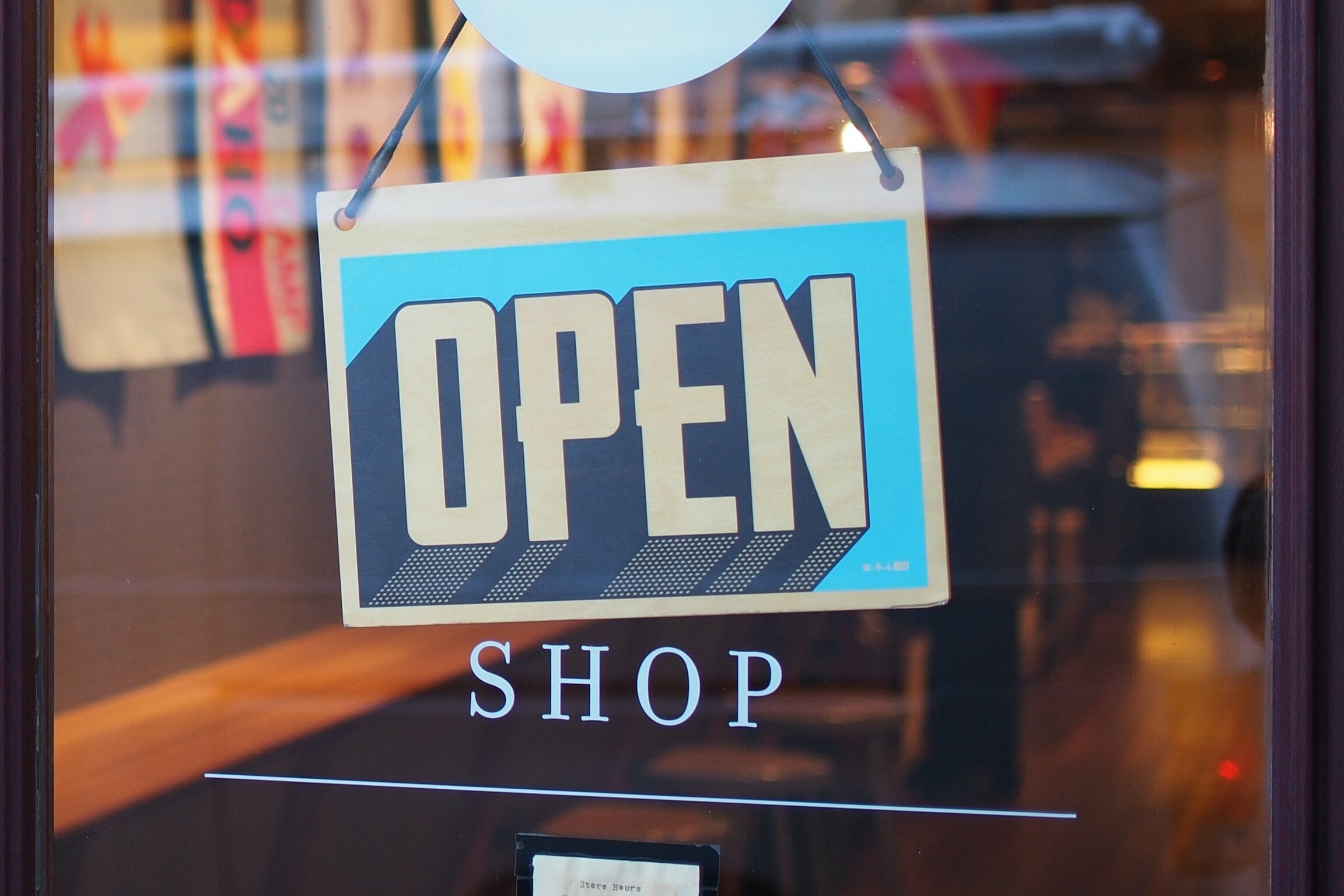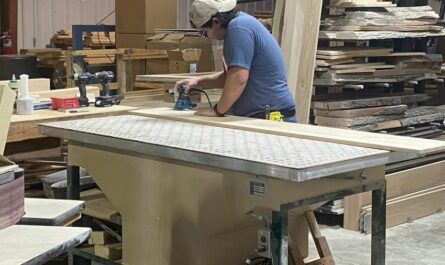Effects of COVID-19 pandemic continue to reverberate
National Retail Federation (NRF) Chief Economist Jack Kleinhenz called for the need for additional stimulus measures for small businesses affected by the COVID-19 pandemic. That stance is based on new data pointing to continuing pessimism about the virus from small retail owners.


“The coronavirus continues as a shock to America’s small employers,” Kleinhenz said in a statement. “Small businesses are the backbone of American ingenuity and impact local economies in cities and towns across the country, but responses to recent surveys highlight the fragility of many small business enterprises and the importance of the need for well-tailored economic policy.”
Kleinhenz cited data from the U.S. Census Bureau’s Small Business Pulse Survey, which was launched in May and takes a weekly look at issues such as employment, revenue and supply chain disruptions. While some of those issues have lessened as states have reopened after stay-at-home orders, optimism among small business owners has continued to decline.
var gi_protocol = document.location.protocol;
var gi_redir = “”;
var gi_dasrc = gi_protocol + “//display.hcgmedia.com/?dsid=548202072085523523&pid=329&skid=76&if=0&at=0&alid=728_90&adtype=0&exty=1&special=0&redir=” + gi_redir + “&r=” + Math.random();
document.write(“”);
var gi_protocol = document.location.protocol;
var gi_redir = “”;
var gi_dasrc = gi_protocol + “//display.hcgmedia.com/?dsid=57420208119551504&pid=329&skid=76&if=0&at=0&alid=728_90&adtype=3&exty=1&special=0&redir=” + gi_redir + “&r=” + Math.random();
document.write(“”);
The initial survey found 30% of respondents thought it would take at least six months for their businesses to recover from the pandemic, while 25% thought recovery would take only two or three months. By June, the number expecting recovery to take six months increased to 44% and only 10% thought it could come in two or three months. By the week ending August 15, 48% expected recovery would take six months and only 4.1% though it might be possible in two or three. Only 8.5% of respondents said their business had already returned to normal levels.
var gi_protocol = document.location.protocol;
var gi_redir = “”;
var gi_dasrc = gi_protocol + “//display.hcgmedia.com/?dsid=578202081881555635&pid=329&skid=76&if=0&at=0&alid=728_90&adtype=3&exty=1&special=0&redir=” + gi_redir + “&r=” + Math.random();
document.write(“”);
var gi_protocol = document.location.protocol;
var gi_redir = “”;
var gi_dasrc = gi_protocol + “//display.hcgmedia.com/?dsid=566202081191214486&pid=329&skid=76&if=0&at=0&alid=728_90&adtype=3&exty=1&special=0&redir=” + gi_redir + “&r=” + Math.random();
document.write(“”);
var gi_protocol = document.location.protocol;
var gi_redir = “”;
var gi_dasrc = gi_protocol + “//display.hcgmedia.com/?dsid=582202091474319419&pid=329&skid=76&if=0&at=0&alid=728_90&adtype=3&exty=0&special=0&redir=” + gi_redir + “&r=” + Math.random();
document.write(“”);
For many in the furniture industry, sales during the summer have been brisk, helping make up for losses in March, April and May. But with continued delays in production due to reductions in factory employee capacity because of COVID and material sourcing issues, as well as delays on imports, there’s uncertainty for replenishing inventory and processing custom orders. And some retailers have expressed concerns about additional lockdowns in the fall or winter due to potential spikes in the coronavirus outbreak.
According to the Small Business Optimism Index from the National Federation of Independent Businesses, optimism fell 1.8 points to 98.8 as of July, ending two months of improvement after a low of 90.9 in April. While the July number was still about average for the survey’s 46-year history, the number of businesses expecting economic conditions to be better in six months dropped 14 percentage points to 25%.
The NRF urged the government to act to bring relief to small businesses to help them, and the overall economy, weather the coming months.
“Just as a physician checks a patient’s pulse to measure the rhythm and strength of the heartbeat, small business is an important indicator of the comparative health of the local and national economies,” Kleinhenz said.





